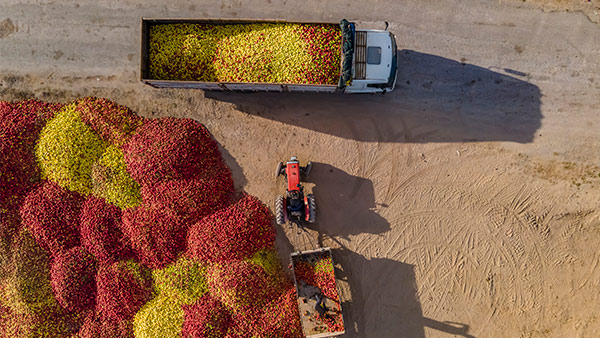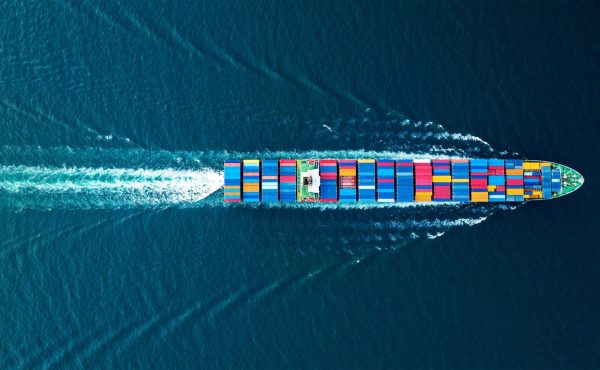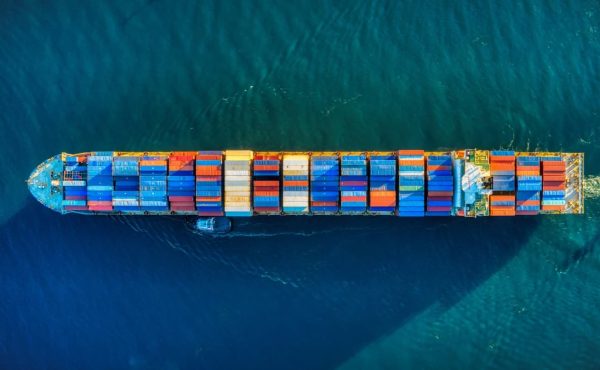Exporting fruit and vegetables from Brazil to Europe
The international food trade, in particular for fruit and vegetables, between Brazil and Europe is a complex logistical operation that requires detailed planning and compliance with specific regulations.
The transit of goods from Brazil to Europe can be done by cargo plane or container ship. It is a task that involves careful coordination of the different phases of the supply chain, from product labeling to crossing customs at the European destination. So, what steps can we follow to ship perishable products from any Brazilian city to a European country?
- Know the regulations: before starting the freight forwarding operation, we have to make sure that Europe will accept the products we want to export.
- Registration and licenses: obtain the necessary registrations and licenses for export, including the phytosanitary certificate, which is the official document used to certify that products of plant origin meet the requirements of the importing country and can enter its territory. More information can be found on the Brazilian Ministry of Agriculture website.
- Packaging and labeling: the goods must be packed accordingly for proper transportation. They must also have the internationally established labeling to comply with the requirements of the European authorities on food safety.
- Transportation: coordination of sea or air transport, selection of reliable companies that comply with international refrigerated food transport regulations, as well as safety throughout the transit by air or sea, and choosing the best route.
- Customs documentation: it is necessary to prepare the necessary customs documentation, such as the commercial invoice or the single customs declaration, to facilitate the entry of fruits and vegetables into the European Union. Only then will the goods pass customs inspection at the entry port or airport.

Security, quality, and personalization in exports
Thanks to the agreement between Mercosur and the European Union, the transit of goods between the two zones is fluid as long as the food safety and quality regulations established in the treaty are complied with. The agreement reduces tariffs and eliminates non-tariff barriers.
If your company is looking to export fruits and vegetables from Brazil to Europe, Logisber can help you with our expert advice. Contact Logisber now and our team of professionals will explain how to ship food products such as pitahaya, figs, papaya, guava, passion fruit, lychee, and atemoya, as well as vegetables of all kinds produced in this important South American country, to Europe in a safe and personalized way.
Categorías
Compartir









